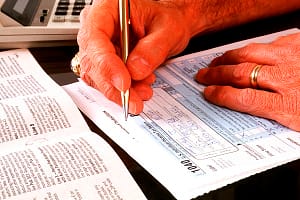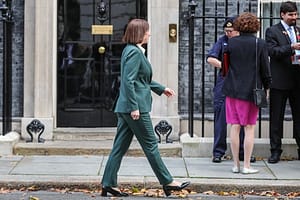Taxpayers need to think now about their likely income this year so that they can warn HMRC if they need time to pay, say leading tax and advisory firm Blick Rothenberg.
Fiona Fernie , a Tax Dispute Resolution partner at the firm said: It is important for taxpayers to think now about the likely level of their income this year and what the tax is they are going to have to fund in January and if they conclude that they will not be pay because of lack of income due to Covid19 they should let HMRC know immediately.
She added: “HMRC have said that July tax payments for anyone who pays be self-assessment can be delayed until January but if they have the money, I would urge them to pay now so that they are not faced with a double bill.
Many will still be worried that even if they pay now, they may not be able to pay what they owe in January. If they alert HMRC then they will be able to get a pay arrangement. HMRC will sympathetic to what has happened to people’s finances but the earlier they are told the better it will be for both parties.
Fiona Fernie said: “understandably most people are primarily thinking about how to pay the mortgage and put food on the table, but it is important to remember that the postponement of the 31 July 2020 payment on account merely delays the liability; it does not wipe it out. Taxpayers will still have the problem of how they fund their tax bills in January 2021, potentially before they have seen a full recovery of their business.
“It is vital that they think now about how they will cope so that if necessary, they can approach HMRC for a Time to Pay (TTP) arrangement before they face an imminent deadline.
Fiona added: “If they do not do this it could be difficult in January and HMRC will not be so sympathetic and could launch inquiries which will be time consuming for HMRC and stressful for the taxpayer. All that is required is a sensible piece of housekeeping.
She said: “ Self-employed taxpayers normally make payments on account of their tax liability on 31 January during a tax year and 31 July following the end of a tax year with a final balancing payment if necessary, on 31 January following the end of the tax year (at or after submission of their tax returns)
“ The first and second payments on account are based on the income of the previous tax year UNLESS in submitting the previous year’s tax return an application is made to reduce the payments on account because the taxpayer has some reason for anticipating that earnings will be less in the following tax year.”






Leave a Comment